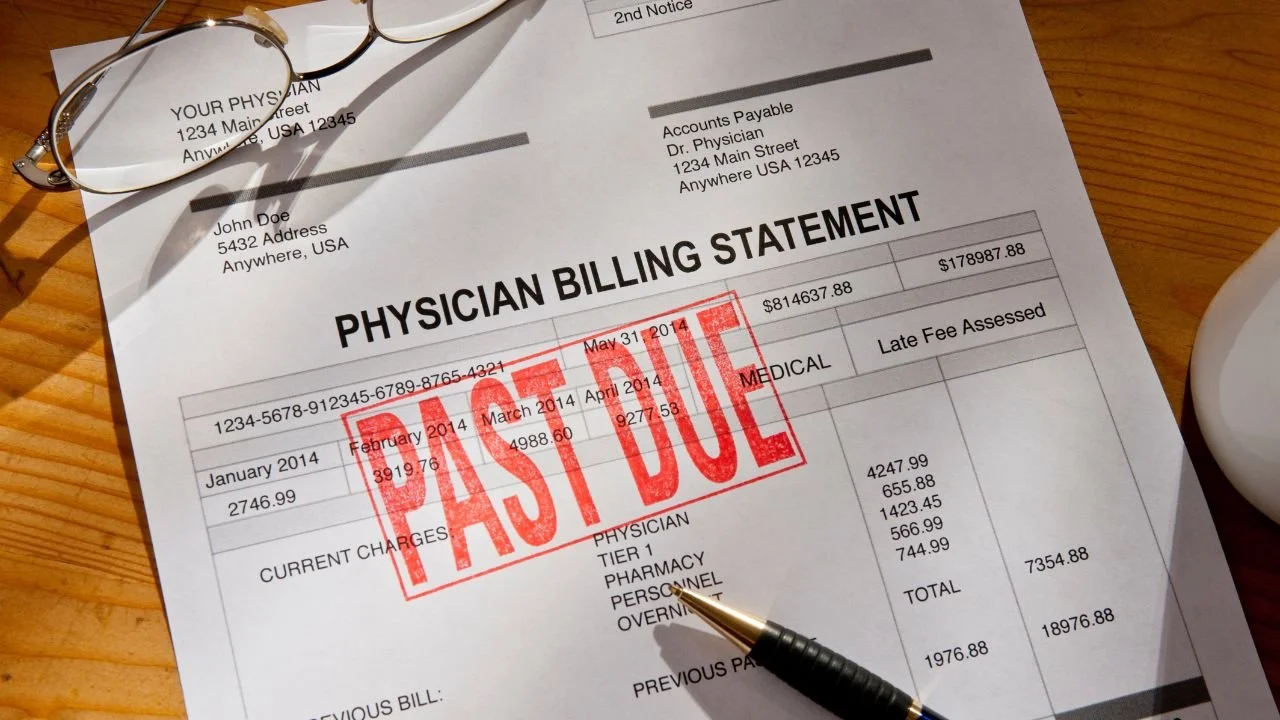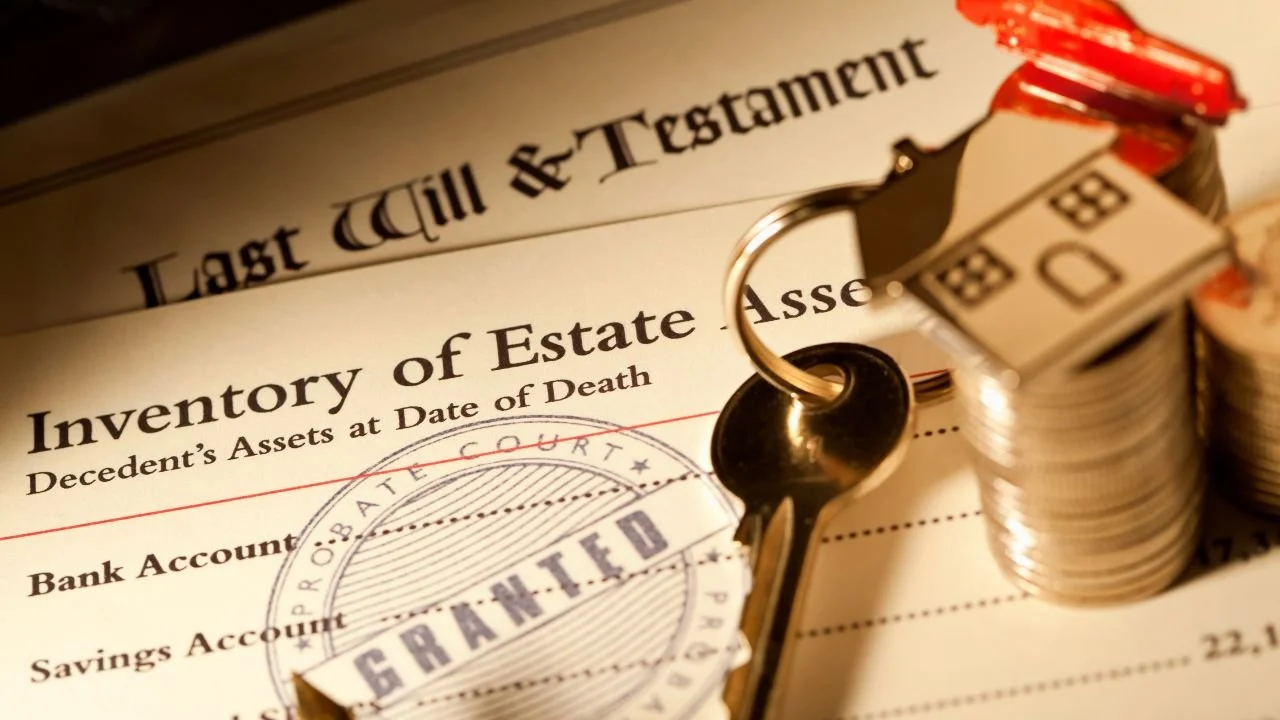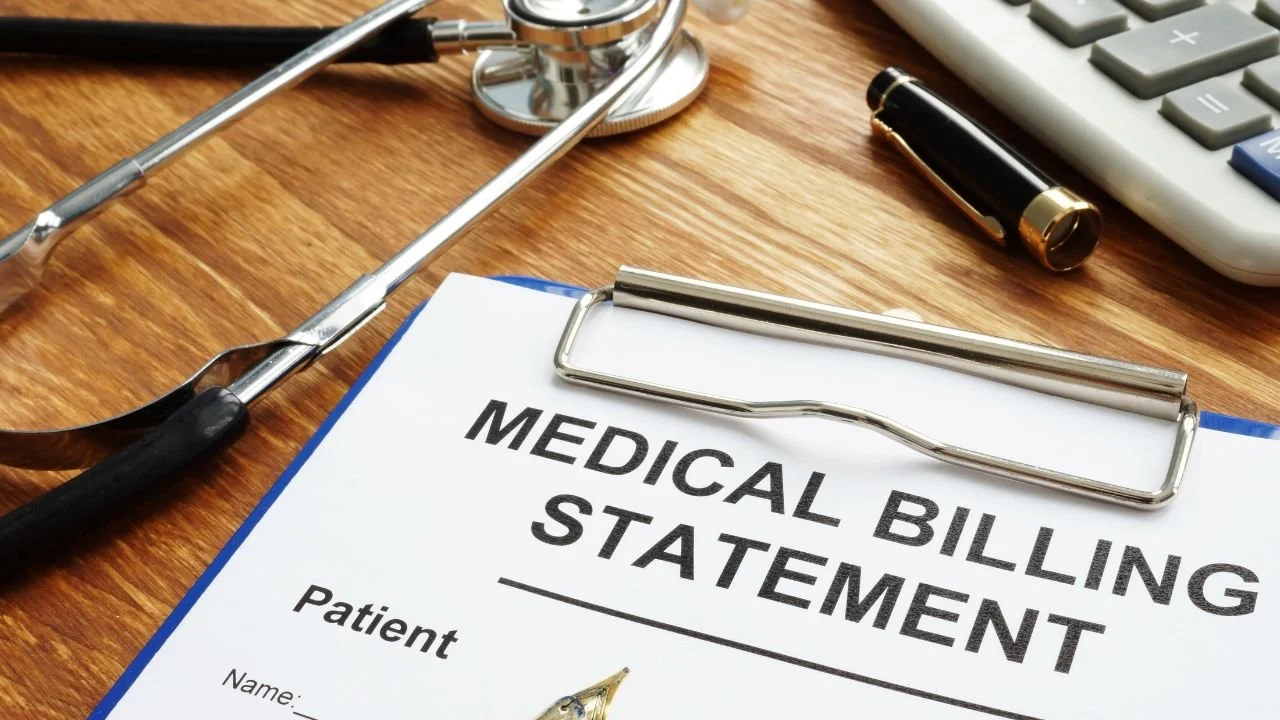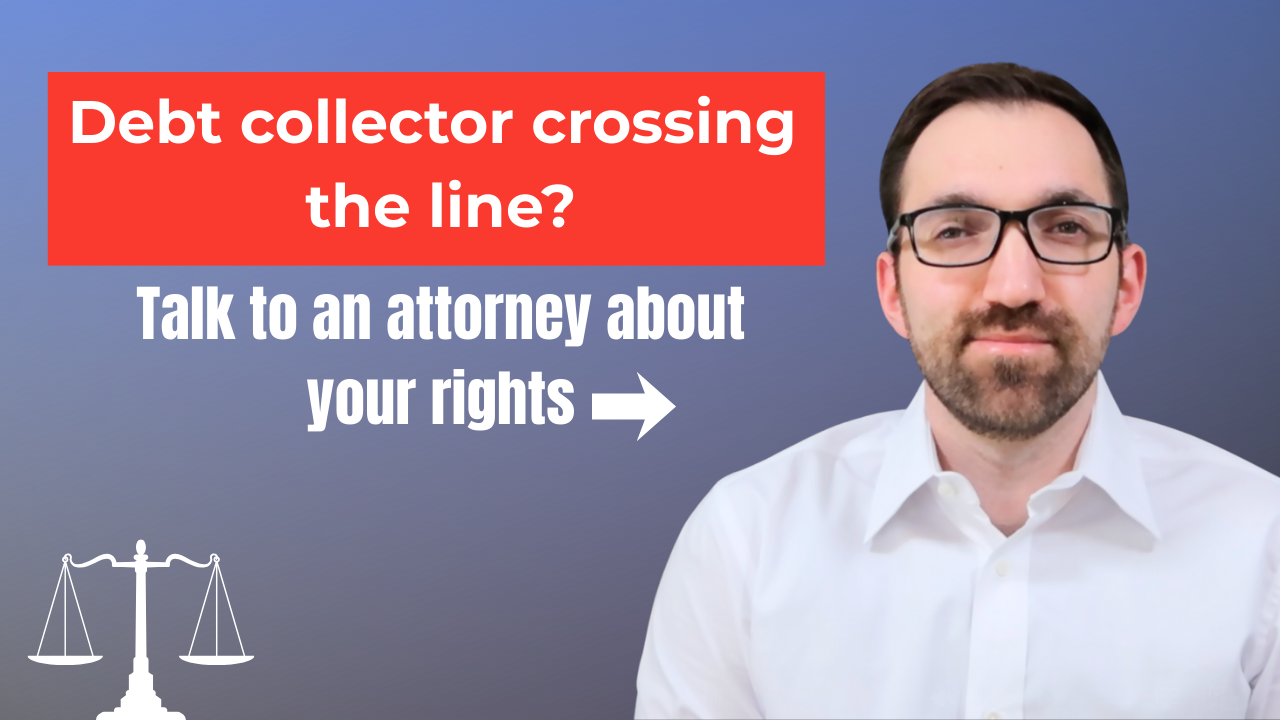What Happens to Medical Bills When You Die?
Losing a loved one is hard. The last thing you want to do while grieving is to sort through medical bills.
These bills can be confusing, especially when you are unsure whether you, other family members, or the estate are responsible. Unfortunately, debt collectors often move quickly to pursue these types of debts. If you are handling the affairs of a family member who has passed away, it is important to know what creditors can and cannot do in these situations.
In this article, I will explain how medical debt is handled, how long you may need to wait before paying these bills, and when surviving spouses or family members might become responsible. My hope is that this information gives you clarity and support during this difficult time.
Medical Bills After Death: Who Pays?
In most cases, medical bills are paid by the deceased person’s estate, not by surviving family members. When someone dies, their assets and debts go through probate, a court-supervised process for settling the estate. Creditors, including hospitals and doctors, can file claims for payment from the estate’s assets.
If there is no estate or the estate doesn’t have enough money to cover all debts, state law determines the order in which creditors are paid. Medical bills are often considered a high-priority claim, but if the estate is insolvent, some bills may never get paid.
Just because a debt is owed doesn’t mean family members automatically inherit it. The exception is when a surviving spouse or another person is personally liable (more on that below).
How Long to Wait for Medical Bills After Death
Creditors only have a limited time to make claims against an estate. This timeframe varies by state so it’s important to look up the laws in your state.
For example, in New York, creditors must present claims within 7 months of the executor or administrator being appointed. Whereas in New Jersey, creditors typically have 9 months from the date of death to file a claim against the estate.
So, not only is the duration different in each state but so is the triggering event. In New York, the 7-month clock starts to run when the executor is appointed whereas in New Jersey the 9-month clock starts to run on the date of death. Keep this in mind when looking into the rules in your state.
If you’re an executor or an administrator, it’s wise to hold off on paying beneficiaries until the creditor window has closed. If you pay out too soon and a valid claim comes in later, you could be personally liable.
What Happens to Medical Debt When You Die
When a person dies, their debts do not automatically disappear. In most cases, medical debt becomes a claim against the estate. The executor or administrator collects the decedent’s assets, pays valid debts in the order set by state law, and then distributes what is left to the beneficiaries.
In most states, medical bills are usually considered a high-priority claim, often coming right after funeral expenses, taxes, and administrative costs. If there are enough assets in the estate, these bills will be paid in full. If the estate is insolvent, meaning it has more debts than assets, creditors can only seek payment from a surviving spouse or other person if they are legally responsible for the debt.
That responsibility can come from co-signing paperwork or falling under a “doctrine of necessaries” law. The majority of states have some version of a doctrine of necessaries law which is a common law rule where a surviving spouse is responsible to essential goods and services like food, shelter, and medical care — even if only one spouse signed the contract.
For example, courts in New York and New Jersey have held that a surviving spouse is liable for necessary medical expenses if the estate cannot pay them.
If there are no assets in the estate and no one else is legally responsible, the medical debt is generally uncollectible. Debt collectors cannot demand payment from relatives or friends who have no legal obligation to pay. The Consumer Financial Protection Bureau (“CFPB”) confirms that in most cases, unpaid debts are settled from the estate and do not become the responsibility of family members unless state law or a contract creates that obligation. CFPB’s guidance on this topic.
Is a Spouse Responsible for Medical Bills After Death
The estate is first in line to pay a deceased person’s medical debt. If the estate does not have enough assets to cover the bills, the surviving spouse can be pursued next if certain exceptions apply.
One exception is when the surviving spouse co-signed the obligation, which makes them contractually responsible for the debt. This can include co-signing hospital admission paperwork or using a joint credit card to pay for medical expenses.
Another exception applies in community property states such as California, Texas, or Arizona. In these states, most debts incurred during the marriage are considered marital, or “community,” debts. This generally means they can be collected from community property, and in some cases from either spouse, even if only one spouse incurred the debt. Because of these rules, a surviving spouse in a community property state may be responsible for certain medical debts left by the deceased.
The doctrine of necessaries, introduced in the preceding section, is another basis for spousal liability. Most states have some version of this doctrine, which can make a spouse responsible for unpaid medical bills if the estate cannot pay them.
Spousal liability laws, including the doctrine of necessaries, vary widely from state to state. Some states have abolished these laws entirely, while others limit them to certain situations. This is why it is important to understand your state’s rules before paying any medical bill sent after your spouse’s death
Hospital Bills After Death
If a loved one passed away after receiving hospital care, certain federal laws may reduce or even eliminate part of the bill regardless of the estate’s financial situation. One of the most common protections is the No Surprises Act, which applies nationwide to most insured patients and limits what can be billed in certain out-of-network situations.
These protections often apply if the patient:
Received emergency services at an out-of-network hospital, or
Was treated by an out-of-network provider such as an anesthesiologist, radiologist, or ER doctor at an in-network hospital.
In these cases, the patient or their estate can only be billed at the in-network cost-sharing amount. The rest must be resolved between the provider and the insurance company through the law’s independent dispute process.
It is also worth checking whether the hospital is a nonprofit. Under Internal Revenue Code § 501(r), nonprofit hospitals must maintain a publicly available Financial Assistance Policy, limit charges for patients who qualify, and provide a fair opportunity to apply before initiating extraordinary collection actions.
While eligibility depends on financial circumstances, even partial reductions under this policy can meaningfully reduce the amount the estate must pay.
If a Debt Collector Contacts You About Medical Bills After Death
Debt collectors must follow the Fair Debt Collection Practices Act (FDCPA) when trying to collect medical bills after death. These rules apply nationwide and set clear limits on who collectors can contact, what they can say, and how they can act.
Collectors are generally allowed to communicate with:
The executor or administrator of the estate
The surviving spouse
A parent if the decedent was a minor child
Any person authorized to pay debts from the estate
If a collector contacts you but you are not one of these authorized individuals, you can tell them you are not responsible for the estate and request that they stop contacting you.
Collectors also face extra limits when contacting non-executor individuals. They may contact you only once for the purpose of finding the correct contact person, cannot say you owe the debt, and cannot reveal that the person has passed away.
If you are the executor or administrator then you are treated as the “consumer” for purposes of communication and debt rights, which means you acquire all of the protections of the FDCPA as if you were the debtor. For example, you have the right to request written verification of the debt before paying.
Once you make this request in writing, the collector must stop contacting you until they provide verification. If you are not sure how to make this request, see my article on how to send a debt validation letter.
Collectors must also give you certain disclosures when communicating with you For more on this requirement and how it can help you protect your rights, read my article on the Mini Miranda script.
Bottom Line
Medical bills after death can be complicated, but understanding how they are handled can save an estate and family members from paying more than necessary. In most cases, the estate is first in line to pay and surviving spouses are only responsible in specific situations.
If you have questions about a medical bill you received after a loved one passed away, it can help to talk through your options with a consumer protection attorney. Even a short conversation can clarify whether you truly owe the debt, how much, and who should be paying it.









